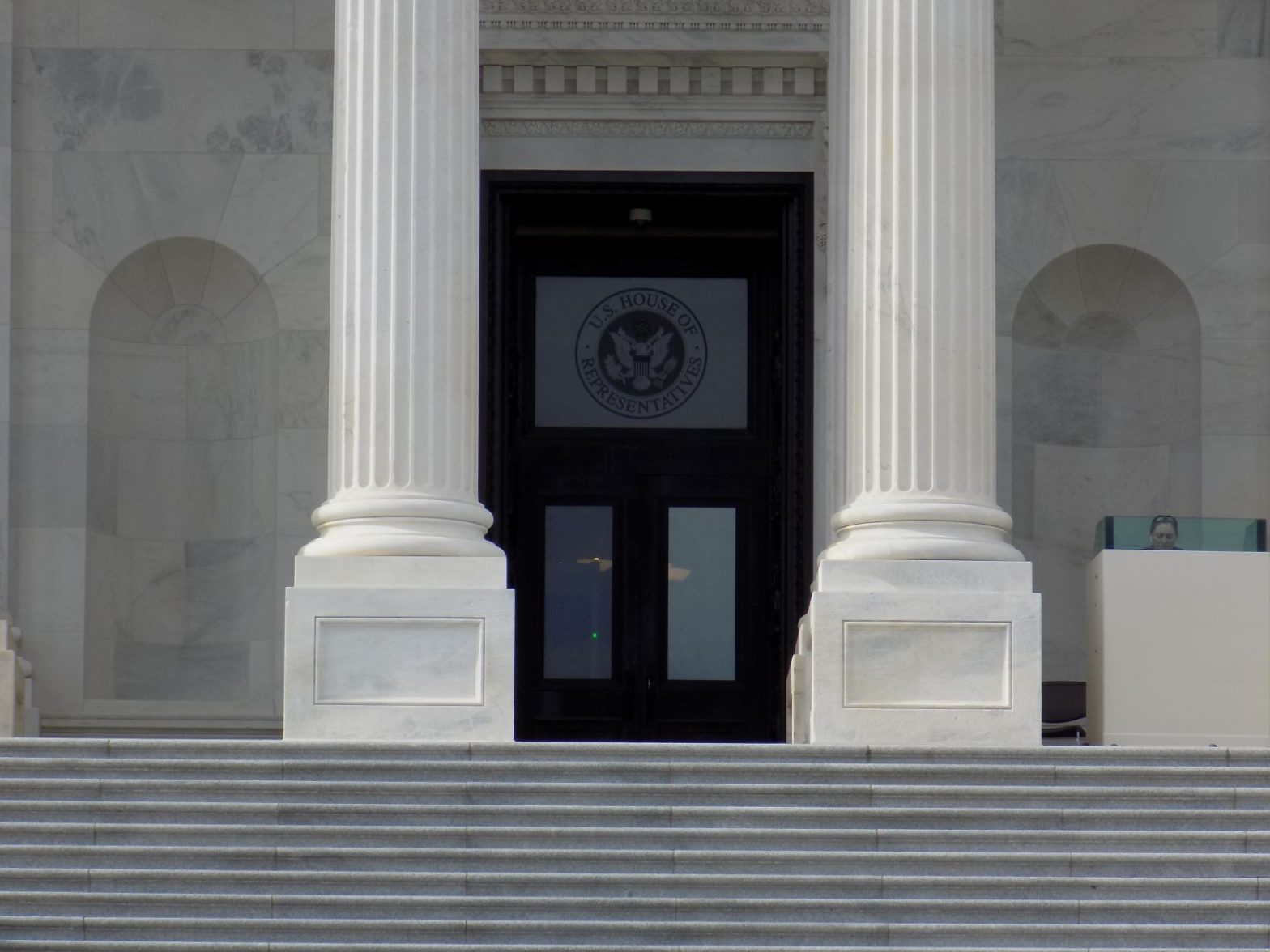House to Vote on Student Loan Bill That Allows Loan Modifications

WASHINGTON — The U.S. House of Representatives is scheduled to vote Wednesday on a bill that would allow married couples with consolidated student debt to pay down their loans separately.
The Joint Consolidation Loan Separation Act is part of a broader Biden administration plan to reduce college debt that can follow borrowers for decades after graduation, hurting their ability to build wealth.
Until 2006, federal law allowed married couples to combine their student loan balances into one monthly payment with a goal of making the debt more affordable. More than 14,700 people consolidated their debt under the program, according to the Student Borrower Protection Center.
A problem with the program was that each borrower remained liable for the debt of the other partner, even if the marriage degraded into an abusive relationship or ended in divorce. It left the spouses with no way to get out of the joint debt.
The program started in 1993 but Congress ended it in 2006. The consolidated debt continues for thousands of the borrowers.
The proposed legislation would allow borrowers to apply to the Department of Education to sever their consolidated loan into separate loans.
The Senate approved the proposal in June, overcoming concerns by some Republicans that it gave the Education Department too much discretion in modifying contracts for loan repayments.
The House Rules Committee held a hearing on the bill Monday to discuss any remaining concerns before the vote.
“It’s time we do something about it,” said Rep. James McGovern, D-Mass., chairman of the House Rules Committee.
In some cases, one deadbeat spouse might take advantage of another by forcing them to pay off their debt, which was never the intent of the original program, McGovern and other lawmakers said. Other spouses lose their desire to help their partners pay off their debt amid physical or mental abuse.
“Victims of domestic violence or economic abuse should never have to pay the debts of their abuser,” McGovern said.
Republicans agreed with the intent of the bill but said what they called “vague” language could thwart its purpose.
Rep. Virginia Foxx, R-N.C., said the bill uses ill-defined standards to determine how the student debt should be separated between joint borrowers.
“In some cases, this could leave the abused spouse with an economic burden that does not belong to that person,” Foxx said.
If there is doubt about whether to grant an application for separate loans and how the debt should be allocated, the Department of Education has few restrictions on making the final decision, she said.
“It fails to protect taxpayers,” Foxx said.
Despite the Republican concerns, Democrats prevailed in marking up the Joint Consolidation Loan Separation Act for a final vote.
“This bill does not solve the student debt crisis, it takes another step,” said Rep. Bobby Scott, D-Va.
A bigger step was taken last month when President Joe Biden announced the federal government would cancel $10,000 in student debt for borrowers who earned less than $125,000 a year. The executive order is eliminating or reducing the debt for an estimated 43 million Americans.
It also made Republicans warn the debt cancellation would contribute to inflation.
Tom can be reached at [email protected] or on Twitter at @tramstack.
























